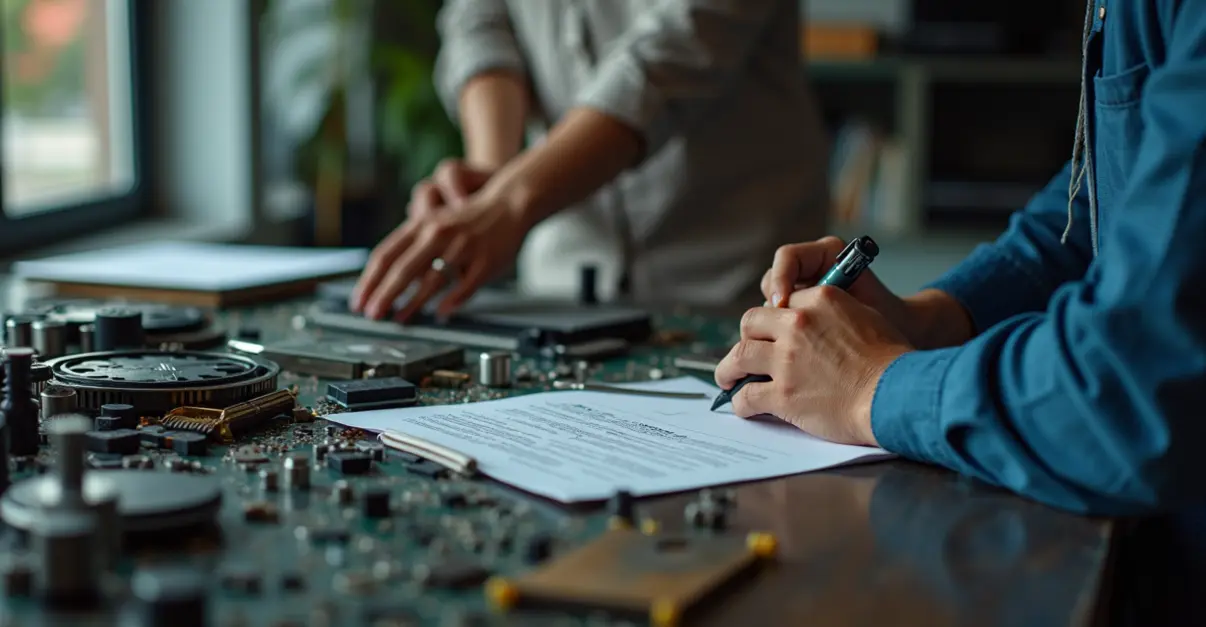EU Parliament Approves Groundbreaking Right to Repair Legislation
The European Parliament has officially adopted comprehensive 'right to repair' legislation that will fundamentally transform how consumers interact with their electronic devices. The new directive, approved in April 2024, represents a major victory for consumer rights and environmental sustainability across the European Union.
Key Provisions of the New Legislation
The legislation mandates that manufacturers must provide repair services for common household electronics like smartphones, washing machines, and vacuum cleaners at reasonable prices and within reasonable timeframes, even after the legal guarantee period expires. 'This is a game-changer for consumers who have been trapped in a cycle of constant replacement,' says consumer advocate Maria Schmidt. 'For the first time, manufacturers will be legally required to support product longevity rather than planned obsolescence.'
Manufacturers must now make spare parts and repair tools available to both consumers and independent repair providers for up to 10 years after a product enters the market. The law also prohibits anti-repair practices such as proprietary screws, glue-sealed components, and software locks that previously created repair monopolies.
Environmental and Economic Impact
The legislation is expected to have significant environmental benefits, with projections indicating it will reduce CO2 emissions by 261 million tons annually. 'We're not just talking about saving money for consumers - we're talking about saving our planet,' explains environmental policy expert Dr. Lars Jensen. 'By extending the lifespan of electronic devices, we're directly addressing the fastest-growing waste stream on Earth.'
Economically, the new rules are projected to save consumers approximately €12 billion annually in replacement costs while generating €4.8 billion in economic growth through the expansion of repair industries. Member states are required to implement supporting measures like repair vouchers and funds to make repair services more accessible and affordable.
Consumer Rights and Market Transformation
The legislation includes several consumer protection measures, including an additional one-year warranty extension for repaired goods and the creation of a European online platform to help consumers find local repair services and refurbished products. 'This legislation finally acknowledges that when you buy a product, you should have the right to fix it,' states repair café organizer Thomas Weber. 'It's about restoring consumer sovereignty in an increasingly disposable economy.'
The directive responds to strong consumer demand, with approximately 77% of EU consumers expressing preference for repairing goods rather than buying new ones according to European Parliament data.
Implementation Timeline and Global Implications
Member states have 24 months to transpose the directive into national law, with full implementation expected by July 2026. The EU's leadership on this issue is already influencing global standards, with similar movements gaining momentum in the United States, Canada, and Australia.
'This represents a fundamental shift in how we think about product ownership and responsibility,' comments industry analyst Sarah Chen. 'Manufacturers will need to completely rethink their design and business models to prioritize durability and repairability over planned obsolescence.'
The legislation complements existing recycling efforts by extending product lifespans and reducing premature disposal, creating a more comprehensive circular economy approach where repair and recycling work together to minimize waste and resource consumption.

 Nederlands
Nederlands
 English
English
 Deutsch
Deutsch
 Français
Français
 Español
Español
 Português
Português










